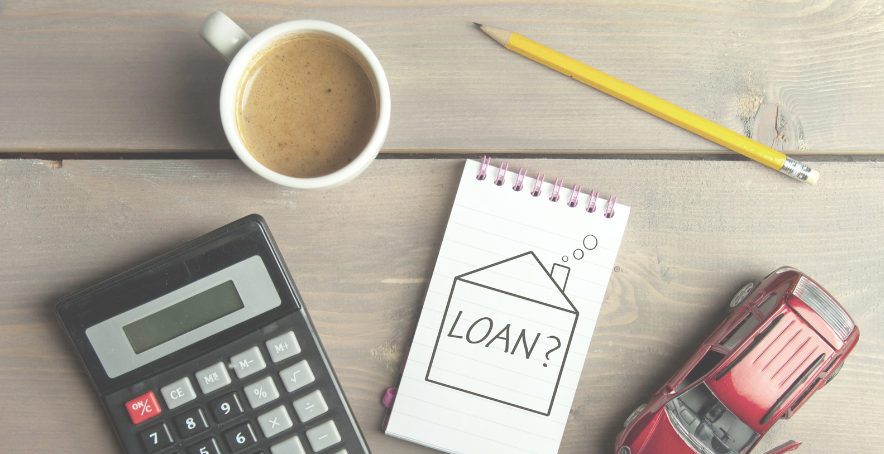Payday Loans vs. Installment Loans

There can be a lot of confusion that goes along with deciding what type of loan is best for you, especially when it comes to payday and installment loans. While both allow you to obtain cash when you need it the most, there are several differences between the two and it’s important to recognize this.
Payday Loans
Payday loans are short-term loans obtained through a lender such as Speedy Cash for a fixed amount of money with an agreeance to pay it back in full on your next paycheque. Payday loans can range from $200 to $1,500. These types of loans work well to cover your expenses if you’re short on cash until your next payday. Payday lending companies do not require a credit check to be completed in order to determine your eligibility or interest rates, which makes them a good option if you don’t have good credit!
Most payday lenders require proof of the following when applying for a loan:
- Regular income
- Bank account
- Permanent address
Once your application has been processed and you’re approved, your loan will be deposited directly into your bank account via e-transfer or you can receive cash if applying in person. The money you borrow will be owed back to the lender on your next payday. If you are unable to pay back your payday loan when it is due, several steps may be taken for the lender to recoup their money:
- a Non-Sufficient Funds charge may be applied if there isn’t enough money in your account.
- Overdue fees may start to accumulate.
- The lender may reach out to your references and place of employment in an attempt to contact you to collect the amount due.
- The lender may submit your file to a collection agency, which may be included in your credit report.
- The lender may go to the courts to take money from your paycheque. (Commonly known as garnishing your wages.)
Installment Loans
An installment loan is a loan obtained through a lender for a fixed amount of money with an agreeance to pay it back over a period of time, plus any accrued interest and applicable fees. They can range from $100 to $50,000 with a term between 6 and 60 months. Like payday loans, they are often unsecured and don’t require collateral.
Unlike payday loans, most lenders will run a credit check when you apply for an installment loan. This will assist the lender in determining your ability to repay the loan; if you have poor credit, this may affect the interest rate of your loan. The poorer your credit, the higher your interest rate will likely be, resulting in a higher cost of borrowing.
If you are unable to repay an installment loan, the lender may take the following steps to reclaim its money:
- Missed payments can be reported to the credit bureau, which means it may show up on your credit report.
- a Non-Sufficient Funds charge may be applied if there isn’t enough money in your account.
- The lender could sue you for the debt.
Calculate the cost
Both types of loans have various fees and other costs associated with them, which include the cost of borrowing and interest rates.
Payday lenders charge a lending fee, also known as the cost of borrowing. The cost of borrowing is the amount you will be charged per $100.00 borrowed. Each province and territory in Canada has different rules and regulations for lending, which can be found and reviewed on the Government of Canada’s website.
For example, if you live in British Columbia and wish to borrow from Speedy Cash Canada, the cost of borrowing is $15 per $100.00 borrowed. So, if you borrowed $200.00, the total cost of borrowing would be $30, which would be due back on your next payday along with the amount you borrowed. If you don’t make your payments, interest begins accruing on the amount owed.

Installment loans don’t have a lending fee; you are instead charged monthly interest on your payments for the duration of your term. The interest rate, as previously mentioned, can be based on your credit score as well as how long your loan term is.

In the end and as always, it is best to do your research when determining what type of loan is best for you and your needs! Always be sure to ask about any and all fees, charges, and interest rates, what day your loan is due or when repayments will start being withdrawn, and what the maximum costs may be. For more useful information regarding various loan services, visit the Government of Canada’s website.

